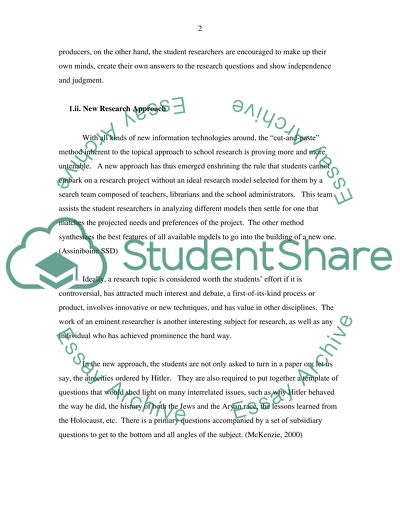Cite this document
(“Effective Management of Research Essay Example | Topics and Well Written Essays - 2500 words”, n.d.)
Retrieved from https://studentshare.org/miscellaneous/1507462-effective-management-of-research
Retrieved from https://studentshare.org/miscellaneous/1507462-effective-management-of-research
(Effective Management of Research Essay Example | Topics and Well Written Essays - 2500 Words)
https://studentshare.org/miscellaneous/1507462-effective-management-of-research.
https://studentshare.org/miscellaneous/1507462-effective-management-of-research.
“Effective Management of Research Essay Example | Topics and Well Written Essays - 2500 Words”, n.d. https://studentshare.org/miscellaneous/1507462-effective-management-of-research.


